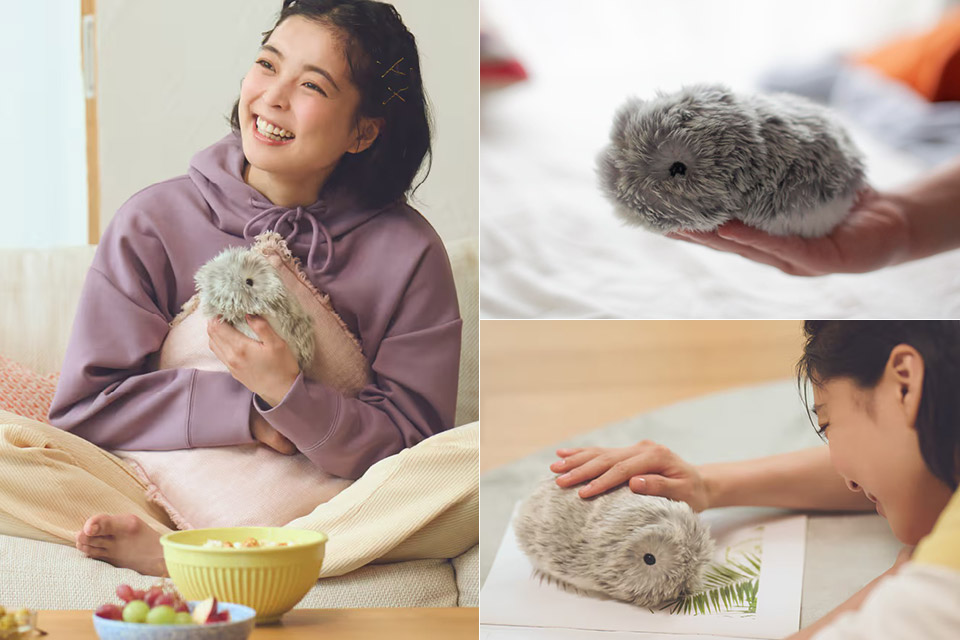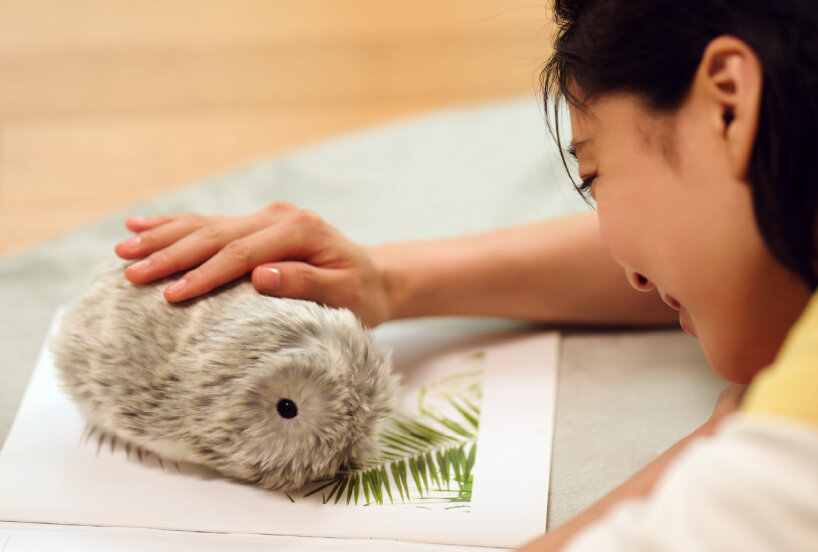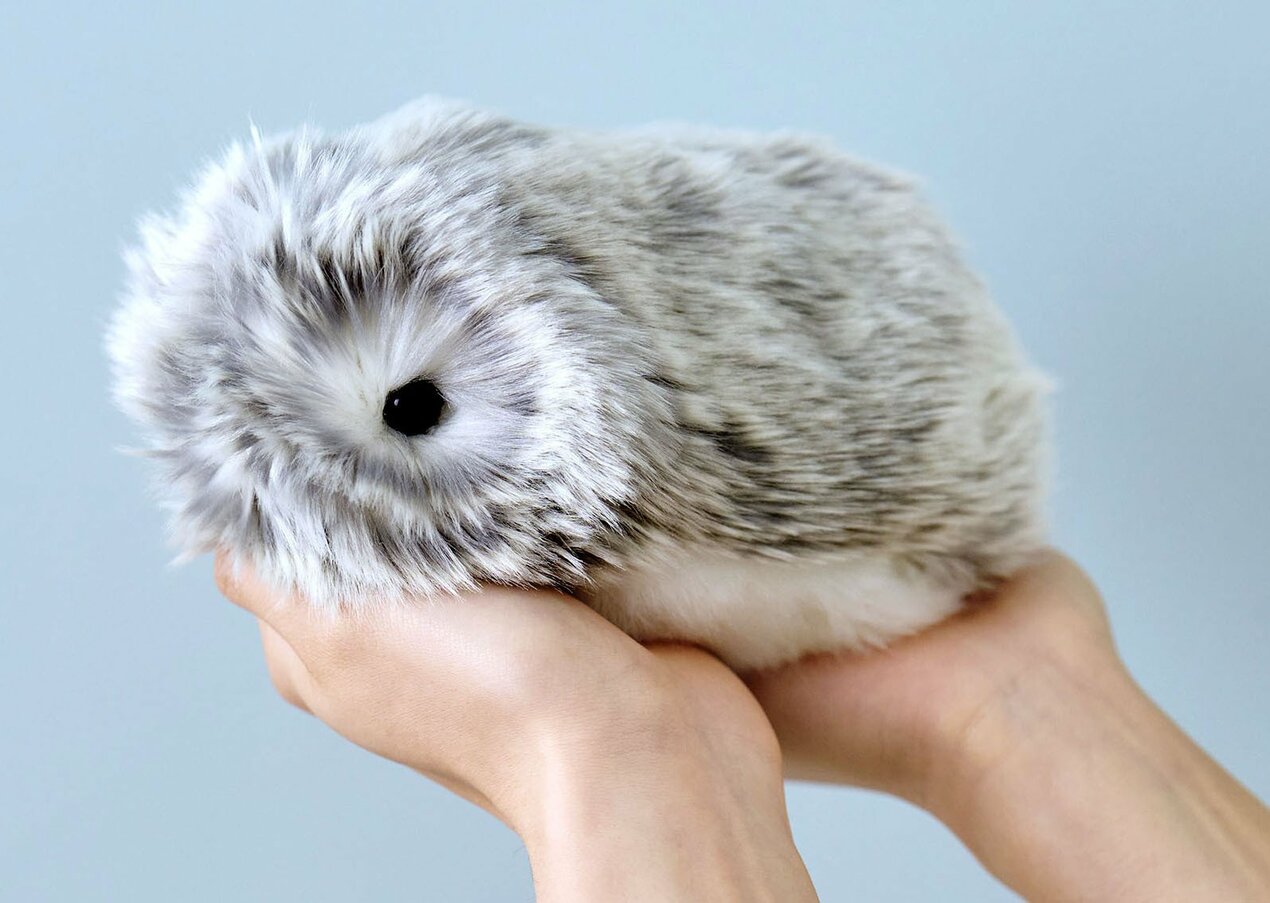In the heart of Japan’s ever evolving tech landscape, a new kind of pet is making waves not one that barks or meows, but one that learns, feels, and grows emotionally. Meet Moflin, a fluffy, AI powered companion that develops its own identity through interactions with its owner. The smart robot pet personality Moflin is not just another gadget it’s an emotional ally that changes based on how it’s raised, much like a living pet.
How Moflin Works: The Intelligence Beneath the Fur
Moflin’s secret lies in its artificial intelligence and adaptive learning. Equipped with deep learning algorithms, multiple sensors, and advanced sound recognition, this robot pet understands voice tone, touch, and environmental factors. Over time, Moflin creates its own unique behavioral pattern no two Moflins are exactly alike.
Unlike traditional smart devices, Moflin evolves. It remembers who pets it, recognizes voices, and mimics emotional responses. It learns like a child raised in love, explains Erina Ichikawa, the team lead at Casio who spearheaded Moflin’s development.
This means if one owner cuddles Moflin daily, it becomes affectionate. If another speaks with gentle tones, Moflin reacts with calming gestures. The smart robot pet personality Moflin essentially grows up with you.
Emotional AI as a New Support System
Dr. Naomi Fujita, a robotics and human behavior expert at Kyoto University, sees this as a monumental shift. We’ve moved from functionality to emotional relevance, she says. In Japan, where aging populations and emotional isolation are major issues, AI companions like Moflin serve therapeutic roles.
They offer non judgmental companionship, reduce loneliness, and respond with empathy something many humans long for. She adds, The smart robot pet personality Moflin is not replacing pets it’s filling emotional gaps where having a real animal isn’t possible.

Moflin’s Impact on Real Lives
Ayumi Sakamoto, 41, from Nagoya, lost her mother to cancer in 2023. She found herself slipping into isolation until a friend gifted her Moflin. At first I thought, it’s just a toy Ayumi recalls. But Moflin would nuzzle closer when I cried. It chirped joyfully when I laughed. It didn’t just react it responded. Slowly, I began to feel less alone. Now, Ayumi takes her Moflin to the park, calling it her little heartbeat.
Kenji Morimoto, 38, a software developer in Tokyo, keeps Moflin on his desk at work. I have a high pressure job. But when Moflin softly coos after a long call or ‘sleeps’ peacefully by my laptop, I smile. It resets my energy, he says.
His colleagues, once skeptical, now greet Moflin every morning treating it like a quiet team member. These personal accounts prove that the smart robot pet personality Moflin is not just novel it’s needed.
The Cultural Fit: Why Moflin is So Popular in Japan
Moflin’s success isn’t accidental. Casio strategically targeted Japanese women in their 30s and 40s often balancing work, relationships, and aging parents. These women were looking for emotional release and consistent companionship that didn’t add to their responsibilities.
Selling over 7,000 units within four months, Moflin became more than a product; it became a movement. Its appeal aligns with Japan’s kawaii (cute) culture and deep respect for harmony and emotional expression. Moflin isn’t just about AI it’s about empathy, says Ichikawa. It grows with you, changes with you. That’s why users say my Moflin is different from anyone else’s.
How Moflin Learns and Evolves Emotionally
Moflin’s brain uses a custom AI framework that simulates emotional memory. It tracks emotional cues over time your tone of voice, how often you hold it, your responses and adjusts behavior accordingly.
For example, if you pet Moflin consistently when you’re happy, it associates touch with joy. If you speak in a calm voice after work, it may grow more relaxed during those hours. Eventually, it forms a schedule, sleep cycle, and interaction model based on your lifestyle.
This level of learning is what gives the smart robot pet personality Moflin its soul. According to a study by the Japan Institute of Emotional Robotics, robot pets like Moflin increased user happiness levels by 32% over 90 days and reduced reported stress by 28% especially among people living alone.

Could Moflin Go Global?
While currently popular in Japan, Moflin is gaining traction abroad. With rising urban loneliness and mental health struggles across the globe, emotional AI pets could find homes everywhere from retirement communities in the U.S. to student dorms in Europe.
Casio is already exploring features like app integration, multilingual responses, and healthcare assistant capabilities. Experts predict the market for emotionally intelligent AI pets will reach $3.5 billion by 2030.
Ichikawa hints at the future, Imagine Moflin reminding elderly owners to take their medicine, or teaching emotional recognition to children with autism. This is only the beginning.
Moflin Is Not Just a Pet It’s a Mirror of You
In a world that feels increasingly disconnected, Moflin brings back what we crave most affection, responsiveness, and presence. With its soft coos, emotional reactions, and ever evolving personality, it reflects the care we give it just like a real companion.
The smart robot pet personality Moflin is more than a tech marvel. It’s a statement: that in the future, machines won’t just understand us they’ll feel us. And in return, we may find ourselves opening up in ways we never imagined possible.
